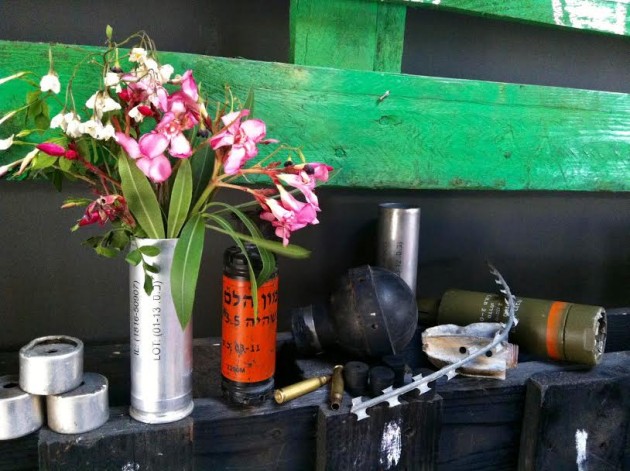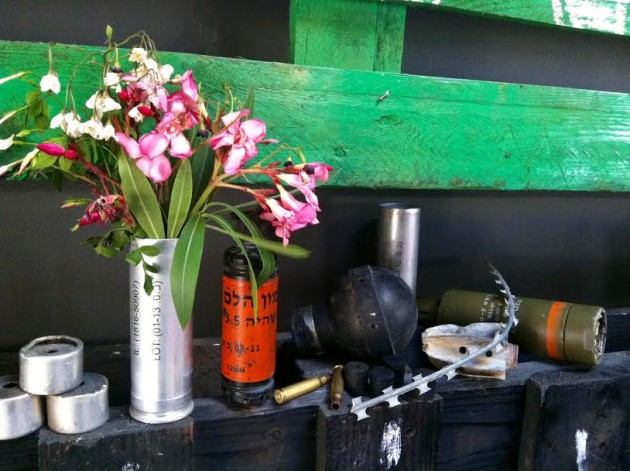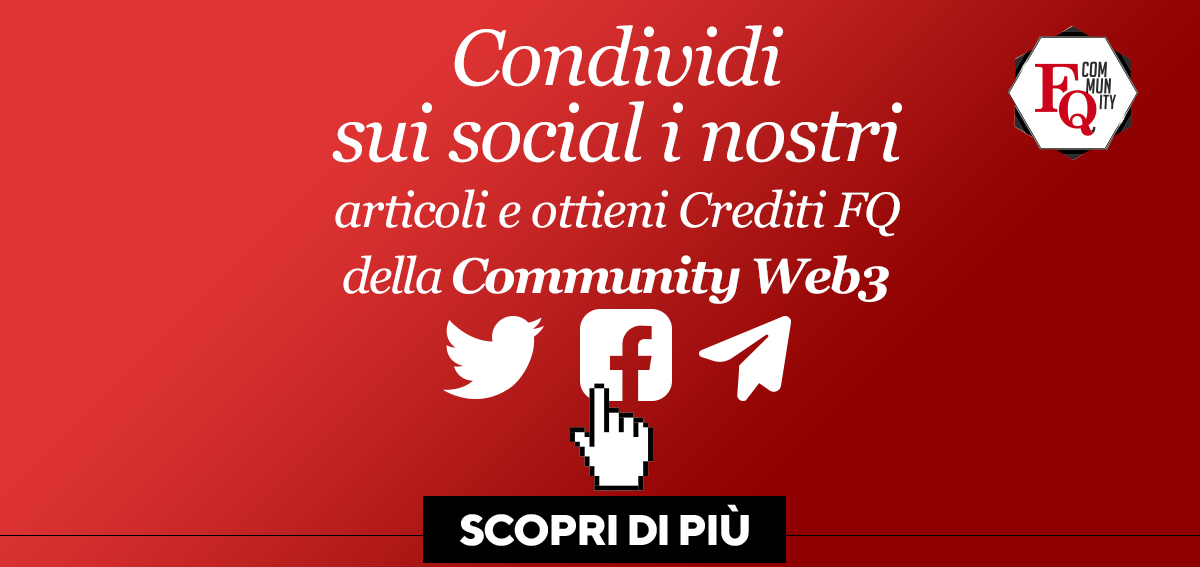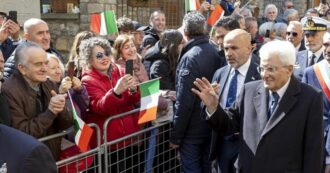And then there are some days when really: you think it makes no sense. Not because of wars, yet. Not because it’s dangerous, or because of what you go through, because you are weary, or something else. Quite the opposite. Because I’m ready to cover Syria, and Iraq and also Libya, truthfully, also Somalia and Ukraine and Eritrea, also Yemen, that’s why I’mhere: but in this job, the bulk is dealing with a different type of wars – and because it’s all a boxing match with editors, here, all a quarrel, a gossip among journalists. All a badmouthing. It’s hard to believe. And it’s constantly like that, there’s no break: it’s all an attack, a foul play, a spit. All a short circuit where we talk of everything, except for what we are paid to talk about. And when the poor Espen, a Norwegian from Dagbladet, a major newspaper, after half an hour of psychological, rather then content advice, kindly tried to cheer me up: C’mon, forget it now, write something, take your mind off – he is right: if you are a reporter, writing is your distraction.
Writing is what you do in your spare time.
Because to get relax, if you are a reporter, you go drinking a tea with al-Qaeda.
You go to the frontline.
And so I returned to Ramallah.
Ramallah because here is where my Middle East started. For a master’s thesis, a master in Human Rights. I was supposed to stay for three months: I stayed for three years. And if I think of a home, in the world, if I think of the place where it’s most natural for me to feel like a stranger, as Italo Calvino put it, I think of Ramallah. I think of Israel and Palestine.
And so I returned to Ramallah.
Because when I’m in Ramallah I somehow feel like I’m not wasting myself in trivial matters. When I talk with Israelis and Palestinians. I always feel like I am not just floating on the surface. I feel a kind of depth. In this relationship, this coexistence with the Other – this being forced every day to confront myself with life, here, with the bare life, with freedom, dignity. Identity. With what I am. With courage and fear. This getting called to a choice, every day, and every day having the chance to be like in that U2 song – Grace, and to transform, to overturn grief not into resentment and hatred, into a shield, into a wall and an aggression, but into an opening toward the others: in understanding. In delicacy and beauty. In sensitivity. She makes beauty out of ugly things… this ability to reply with beauty, always, and what left a mark, what you’ve been hurt by, what left a scar on you, no longer stings. It’s now not hurting anymore.
Grace. That’s the title.
And that’s all what I would like to be, in my life.
That song.
And so I returned to Ramallah.
Only, Ramallah is a bit troublesome today. Because it’s been nearly 70 years now: and Palestinians have tried everything they could. They tried with stones, with bombs, with the Un – nothing. And so for the time being they’ve decided not to try anything anymore. To live normally. To live as there were no occupation. Actually, as there were no world outside: and so yesterday I had to explain to the interpreter I called for an interview with an activist from Raqqa, a phone interview, where Raqqa is. Mostly, I had to explain what Raqqa is. He had never heard about it. The Islamic State, Bashar al-Assad. Nothing. The Sunnis and the Shia. Zero.
He said: I don’t care politics.
He works as an engineer.
And during the weekend, as a tourist guide in refugee camps.
Because the occupation is merged with landscape, now. On the new map of Ramallah, the Wall is listed among the must sees. “Depressing”, the caption says, “yet fascinating.”
And so, since these are days when, as Italian singer Vinicio Capossela would say, I’m moving from a shooting star to the next, I finally resolved that it was time to stop being huddled up on myself. And to do something nice for the first stranger I would come across.
Ahmed.
Who is nine years old, and he is the son of the cleaning lady. Who is 40, instead, but she looks 60, afflicted with toothache since I’ve met her, because she can’t even afford a painkiller. And so I decided to buy some toys for her youngest son.
And to stop thinking only of myself, of journalists: of tourists instead of refugees.
So I went to the best store in town. For a 9-year-old kid, yet, there was nearly nothing. Everything was for toddlers. For four, five years olds. The clerk looked baffled at me. Nine?, he asked, as I had asked him a tricycle for my grandma. Then I got it. Because when you are 9, here, you are ready for the Intifada. And so in this three-floor store, there were only two shelves for what I needed. But most of all: there were only guns. All kinds of guns. Kalashnikovs, RPGs, rifles, assault rifles, sniper rifles, sawed-off rifles, a Katiuscia rocket, pistols, daggers. A sort of cleaver, also. Listen, I said, but maybe something like… I don’t know, like a Lego box. A puzzle.
He pondered over it for a while, a bit lost.
Then he said: Sure. And he showed me a pedal tank.
At that point, I fell back on a remote control toy. Even though I still remember a journey to Lebanon, southern Lebanon, up to Burj el-Shemali, with an electric guitar, gift of an NGO: and in the refugee camp where I eventually dropped it, exhausted, and that the NGO pretended to help, there was no power – but anyway: I checked that it had a battery: and discarded the Humvees, the Apaches, the Scud missiles and the F-16s, I went for a drone.
Ahmed, of course, it was the first treat of his life, and he jigged happily about for two hours. Until he gave up: the drone didn’t fly. And so he went to change it.
He reappeared after a while, weighed down with bags. He had traded his drone with a boxing set – which by the way, it’s better than the Hamas-militant set: it was on sale, too. Punching bag, gloves and a soccer ball. And he went to play. And all the other bags? What else did he get?, I asked his mother. Thinking: an arsenal that he just went to hide. Instead, of the 40 dollars I spent for the drone, he had used a third for himself, for the punching bag and gloves and soccer ball, and with the remainder, actually, with two thirds of his gift, he had bought toys for his friends.
And really: it was the first treat of his life.
In a family where the only painkiller is water mixed with sage.
Today he came with an iron cilinder picked up in his home’s courtyard, a gas canister. Turned into a flower pot. He smiled: Welcome back to Ramallah.
Articolo Precedente
Corruzione per appalti tv, la cartella dei file Excel con le mazzette e la superteste

Articolo Successivo
Yafeh Nefesh – A photo







